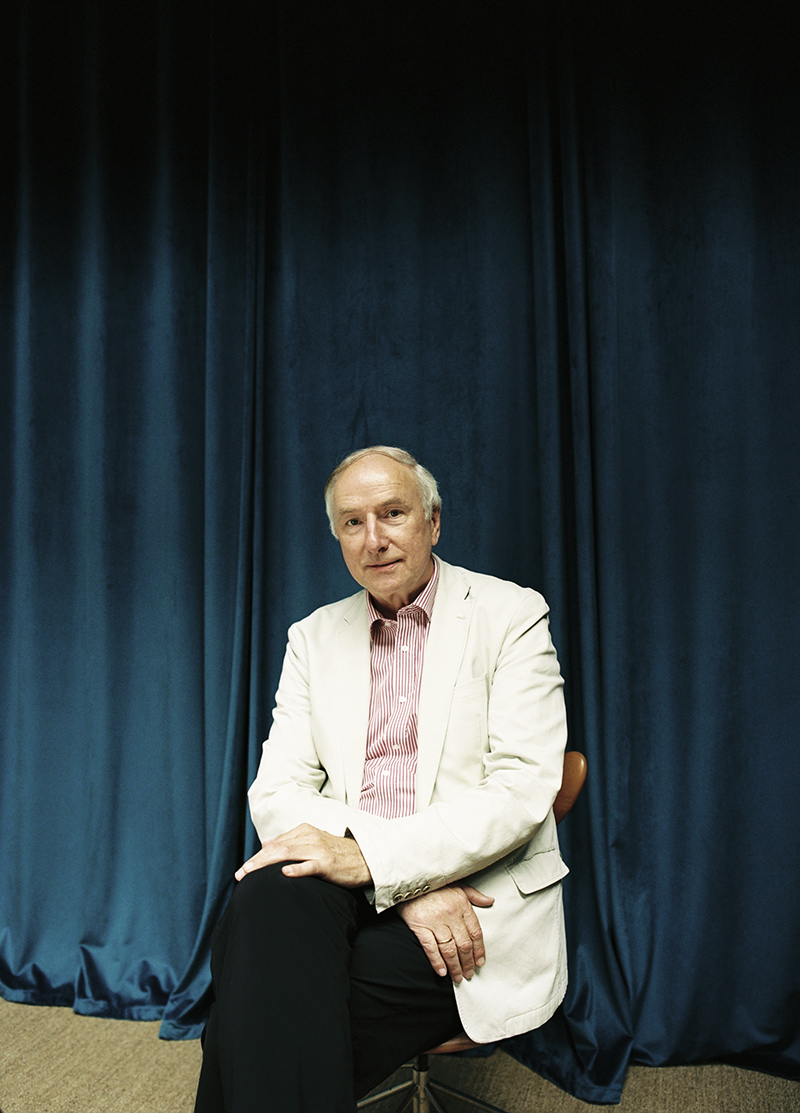
“The prevailing modes of operation require critical reflections”: Wilhelm Krull on Covid and Uncertainty
The COVID-19 pandemic has had an enormous impact on the vulnerability of our very existence, and heavily disturbs daily routines that hitherto have been taken for granted. Unpreparedness and uncertainty prevail among experts as well as political leaders.
In view of the delicate, even fragile conditions we live in, it seems to be more urgent than ever to rethink and subsequently reconfigure our concepts and practices, last but not least by finally addressing the many challenges ahead of us. Amongst other things this implies that we acknowledge the widening gap between the guiding principles of our vision and our current behaviour, our social and economic modes of operation as well as the action needed to cope with a wide array of different crises ranging from the current pandemic, climate change, and environmental pollution all the way through to AI-based surveillance systems and rising social inequality (to name but a few).
At present it is not just the COVID-19 pandemic but also many disruptive global tensions as well as adverse national policies that threaten the ability of universities to preserve academic freedom, and thus to autonomously define their role and function at the heart and centre of advanced knowledge-based societies. The capacity to cope with a widening variety of uncertainties and vulnerabilities as well as the rapidity of social and technological change, and the ability to not only respond to the various challenges but to actively engage in shaping the future will be critical factors for securing the long-term success of these institutions.
Universities are falling short in the degree of reflexivity needed to meet the complex challenges ahead of us.
What is ultimately at stake is the trustworthiness of scientific and scholarly expertise that helps us to better understand, analyse, and interpret the respective issues at hand. Different methods and approaches open up new opportunities to make things visible - at times even making us aware of the blind spots in our own modes of seeing and thinking - and thus to respectfully engage in debates with others.
In view of an uncertain present and a precarious future we all realise that things are no longer running along the tracks we thought they were. The prevailing modes of operation definitely require critical reflections on the ambivalences, contradictions, and limitations of commonly used methods and approaches, in particular with respect to the validity of conclusions, scenarios, and predictions. This includes acknowledging for example “both the uses and limitations of models when public policy faces radical uncertainty”, as Paul Collier and John Kay write in “Greed is Dead,” as well as analysing the root causes of the enormous degree of unpreparedness of governments and societies at large in the face of the COVID-19 pandemic, including the lack of resilience across various sectors. The fragility of our healthcare systems, the vulnerability of precariously employed contingent workers, and the difficulties in deliberative decision-making in multi-level, democratically governed systems may suffice to illustrate some of the most pressing issues to be dealt with in due course.
In their current state our universities are falling short in the degree of reflexivity as well as in the strategies needed to meet the complex challenges ahead of us. Although in principle they are hosting a wide array of scientific and scholarly expertise, they lack the institutional structures, research approaches, and financial incentives to develop comprehensively designed, interdisciplinary and intersectoral modes of inclusive knowledge creation which welcome the experiential wisdom of relevant stakeholders as well as new opportunities for the interactive dissemination of results.
With respect to the coming weeks and months, perhaps even years, we should keep an eye on these developments and readjust the objectives of university-based research towards the common good. Academic freedom and the independent search for new insights provide the basis for a high trust culture of creativity which we so badly need in order to come to terms with the many challenges during the still ongoing COVID-19 pandemic and beyond. For academics across Europe, it becomes increasingly urgent to conceive of themselves as globally concerned citizens that operate far beyond their academic institutions.
In light of increasing scepticism towards academic elites, the interaction between academia, politics and society at large must be critically reviewed and subsequently aligned. If universities want to acquire the role of a socially respected and – despite all the uncertainties involved! – future-shaping power, they must enter into an open, transparent, participative, and critical dialogue with society at large. We can no longer afford to simply enjoy the pleasure of acting in the margins, and therefore have to leave the edge of the playing field in favour of opening up new pathways to – hopefully! – viable solutions.
Wilhelm Krull is the Founding Director of THE NEW INSTITUTE